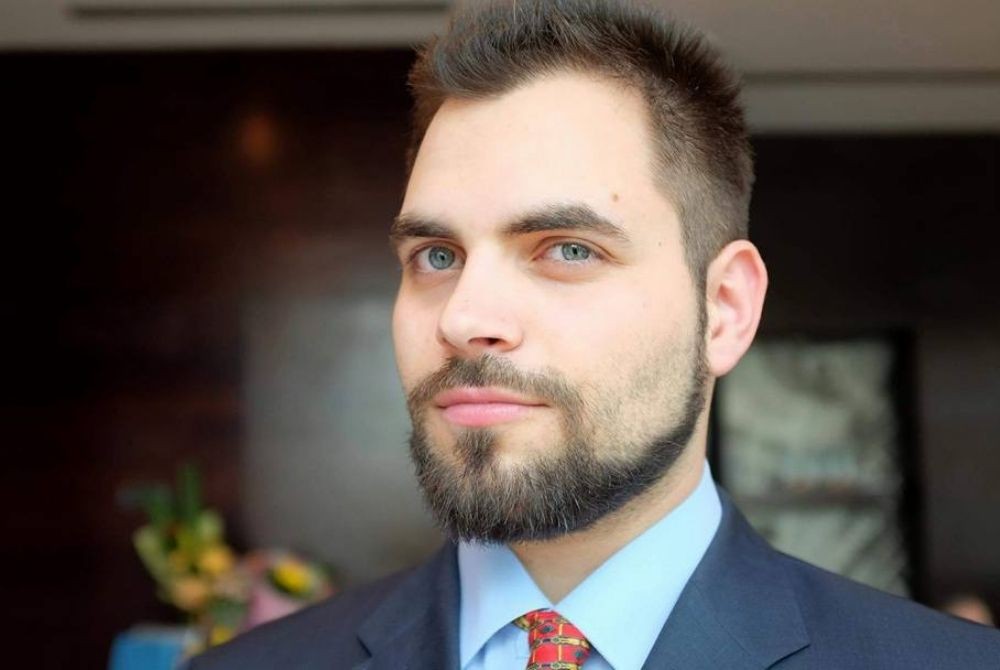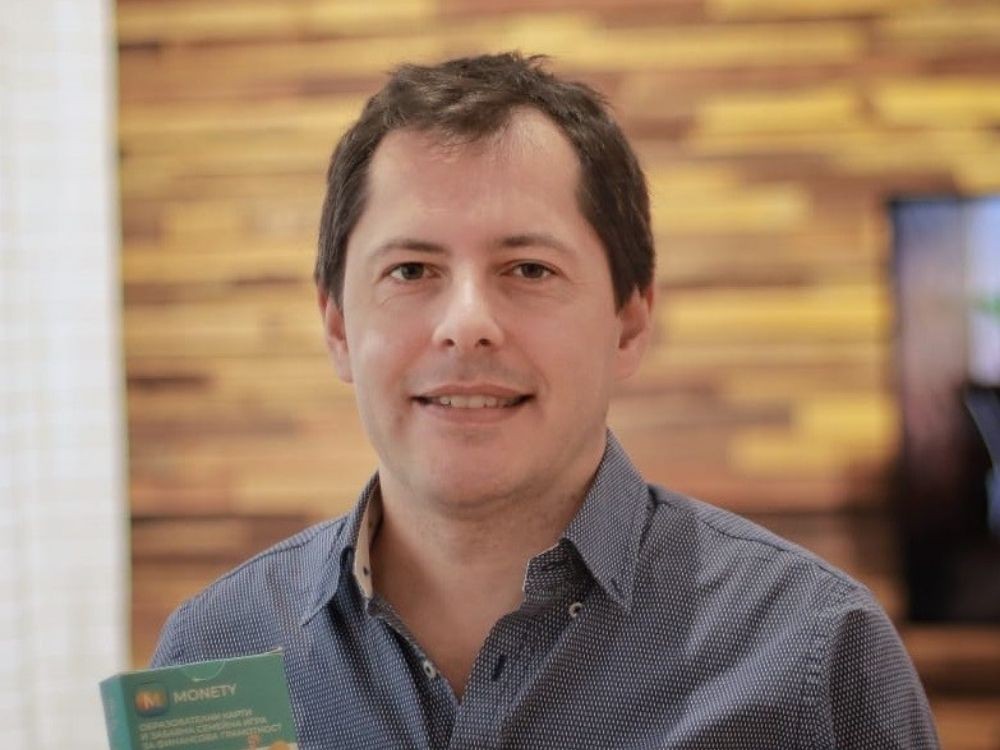According to legend, besides patron saint of fishermen and seafarers, St Nicholas also protects bankers. In 1992, the Association of Commercial Banks and the Bulgarian National Bank reinstated the tradition, broken for 45 years, of celebrating Nikulden, the day of St Nicholas on 6 December, as the patron saint’s day of bankers.
In recent years, interest in education in the sphere of commercial and banking operations has been growing, and the most prestigious schools offer financial management programmes. Nevertheless, Bulgarians’ knowledge of how to manage their money continues to be very poor. The fact that the business of pawnshops and quick loans - lending “easy” money at exorbitant interest rates - is thriving speaks for itself. Many people in the country have fallen prey to Ponzi schemes, promising investors high profits. The problem lies in the fact that people do not have experience or financial culture. Simple mechanisms are at play on the market that Bulgarians should be familiar with, explains Kalin Radulov, an expert who graduated in Sweden, and who now teaches entrepreneurship at the Elin Pelin secondary school No. 19 in Sofia.

“The most important skills we need to acquire are how to construct our personal budget, how to invest and how to save up some of the money we make, and how to draw the line between assets and liabilities – the things that bring us money and the things that take money out of our account. Bulgarians just don’t have that kind of culture. The generations that went to school before 1990 had no way of acquiring this kind of knowledge, as money management skills are connected with a market economy. Bulgarians now see a home as the biggest asset they could possess. They often own multiple properties, some they lease out. On the whole, people do not have any serious savings, fewer than 5% of Bulgarians make any investment that is going to grow with them. It is only in the past 10 years that we have been seeing tendencies that have existed in the Western world for at least a century, with families with traditions in business unfolding over generations. In this country there is no such thing.”
There is a saying in this country that illustrates well Bulgarians’ attitude to money: People know 2, and they know 200, meaning that we can have wealth, but we can also make do with very little. But times change and even the maxim that we ought to save up for a rainy day seems to have worn thin, because savings should have a specific aim – to make us more money. Saving money and wise expenditure planning are the most important things a child should learn early in life.
“Children have piggybanks, and it is at that age that we should teach them to save up money, but also to know what they are saving up for,” Ivan Atanasov, co-founder of the Monety (Coins) Academy foundation said for BNR-Blagoevgrad.

“That is how children will learn that when they are given pocket money they can save some of it up for future needs, i.e. that there is no need to spend it all at once. The public benefits of financial literacy are enormous. As adults they will have better career opportunities, they will have the courage and the self-reliance to take a financial risk, to become entrepreneurs. And that concerns the welfare of the whole of society. People will grow richer when they know what money is and how to handle it correctly.”
Photos: library, Facebook /Kalin Radulov, Monety Academy
Bulgaria is increasingly becoming part of the general trend and dynamics of European citizens changing their location. There are no inhospitable European countries, rather it is a matter of policies and different interests of the..
The 10 main risks are facing the country in the coming decade, shows a national expert study entitled "Ten years, ten risks for Bulgaria" , BTA reports. "Deterioration of the education system" is the top risk cited by the poll. "Further..
You tell me what you have on your table so I can tell you what you are celebrating. This is a joking way of looking at the Bulgarian calendar of holidays from ancient times to the present day. The truth is that holiday meals have always been a very..
The 10 main risks are facing the country in the coming decade, shows a national expert study entitled "Ten years, ten risks for Bulgaria" , BTA reports...
Bulgaria is increasingly becoming part of the general trend and dynamics of European citizens changing their location. There are no..

+359 2 9336 661
